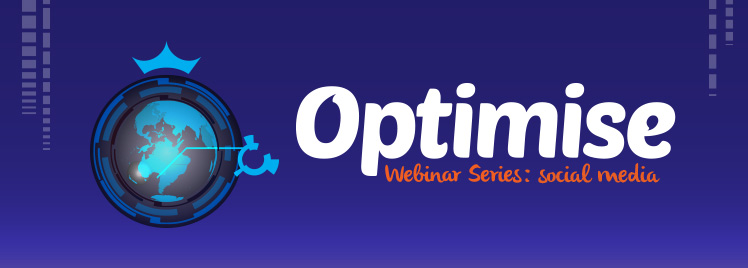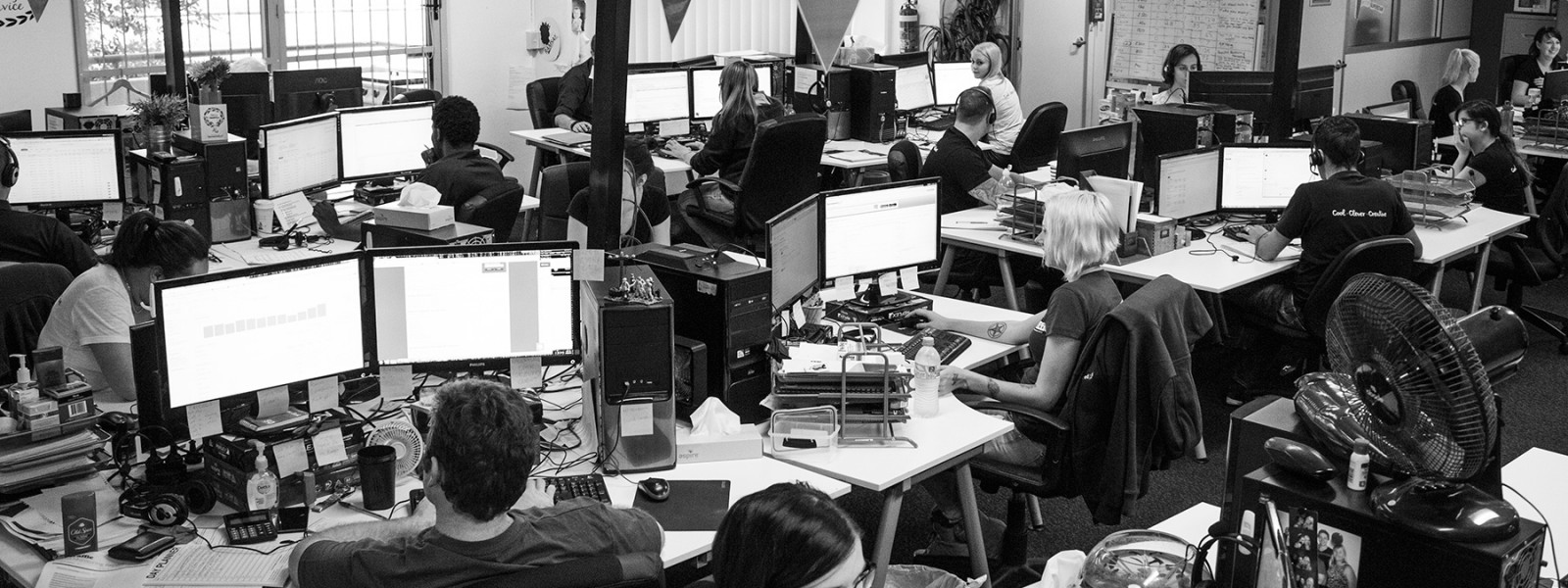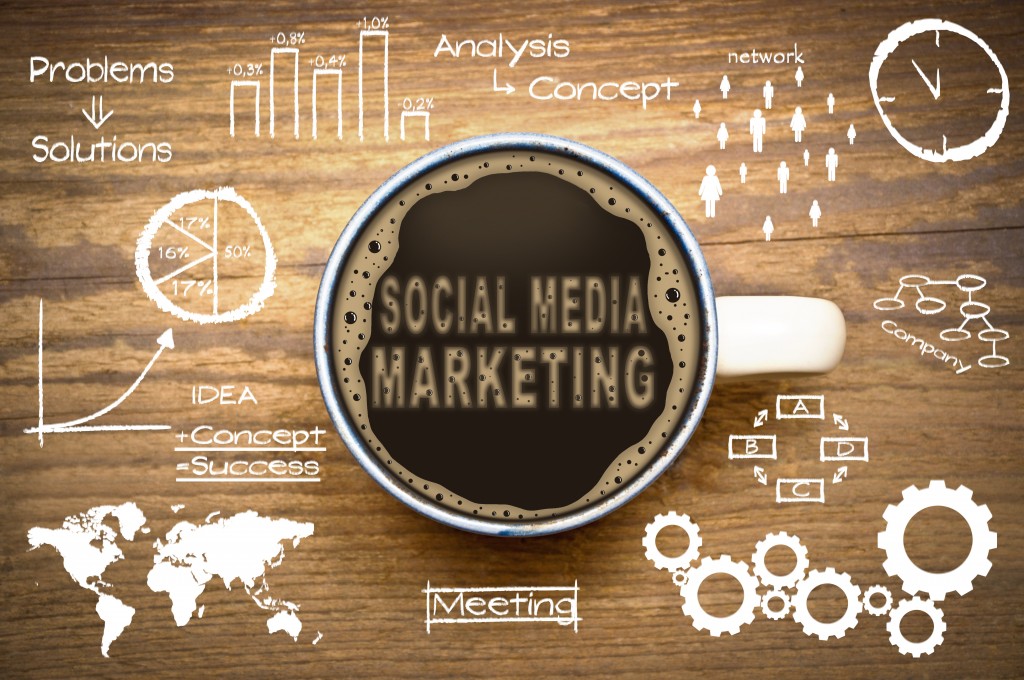-
Traffic
Get More Traffic
SponsoredLinX offers a number of different services to help drive more qualified traffic to your website. Google Ads Management Search Engine Optimisation Microsoft Ads Facebook Advertising Google Ads Mobile“SponsoredLinX are a rarity in today’s market place, they promise a lot but deliver more. Our business has grown by over 400% in one month; we are amazed at the difference they have made.”
-
Conversion
Convert More Leads
Our second step is making sure that your website is able to convert the traffic you receive into leads for your business. Optimising your website to convert more leads is important to a profitable campaign. Web Development Convertopages Do It For Me eCommerce“I just want to say thank you! The changes that you have applied in our AdWords campaign have definitely seen an improvement on click quality and sales for HippityHop.”
-
Retention
Retain Your Customers
As you build up a customer base you need to make sure to keep engaged and retain your relationship. LinX App“SponsoredLinX fully redesigned our main company website with a fresh, clean and professional look. The ‘Google friendly’ web design were part of the fantastic ongoing service we received.”

Balance is Key! Organic & Paid Content on Facebook
You may well have heard the rumours that organic postings on Facebook (in other words content which is published for free) is on the decline. Yes, the rumours are true, but as we have discovered, there are some pretty valid reasons for this, and paid advertising on Facebook can really help your Facebook Return on Investment to soar, which we will explore in more detail in our upcoming Optimise Webinar ‘Facebook Fuel to Ignite Your Business’ in association with SMEAA, to be held on Wednesday 24th June at 10:30 am AEST.
The two main reasons for the decline in organic reach on Facebook boils down to the fact that, 1) the sheer volume of content being created by users, both from a business and personal perspective, is all vying for that precious space on your News Feed. With all this content battling it out, Facebook must have a formula in place to choose which content appears on each individual News Feed. For organic posts, while also factoring in individual preferences, Facebook assesses each post on the quality of the content. Facebook now bases what you see on your Timeline by the interactions you have with certain pages (albeit a person’s page or a Business page), along with how much attention you pay to certain things. For example, if you spend time looking at Person A’s pictures or posts, but scroll past Person B’s almost every time, you’ll see less of Person B’s content. You’ve got to commit to posting visual content, such as images and videos that command attention, along with information that is interesting and insightful, for it to be engaging.
The next reason is 2) Facebook is here to make money. Facebook makes money through its ads platform. Even though Facebook denies this as a reason as to why organic reach is declining, for the company to continue to grow, it needs to raise the prices of the ‘real estate’ on Facebook, which has now become so precious to businesses all over the world. If your business has something to say or promote and it is truly worth it, Facebook figures that you’ll pay to have more people exposed to it. In an article published in the Wall Street Journal by Jack Marshall, he quotes some interesting statistics from data collected by Adobe, saying that, “As organic reach declines, paid impressions continue to rise, according to data from marketing management company Adobe. In the first quarter, companies’ organic post impressions declined 35% compared with the same period a year ago, while paid impressions grew 8%”. The key here is to look at this in a positive way; sure it’s good thinking on Facebook’s behalf as it makes them money, but it’s good for businesses too as it increases your chances of spreading your business message to people who have potentially never even heard of you before. The likelihood of this occurring with just organic content is very slim.
So while organic content still has its place, the Facebook Ads platform is where businesses are making credible leads. However, a great thing with the organic content on your Timeline is that it also acts as an archive and suggestive platform. People will be able to go through your Timeline to find your products, services, deals and information, which gives great value to the page. Facebook hasn’t killed your organic reach completely, and rewards pages that are posting appealing content by making sure you reach more people. With post reach lower than ever before, it means those page likes you always hear about are more important than ever before! The more page ‘likes’ you have, the more people who see your posts organically. But remember, the likes won’t mean anything if you aren’t posting relevant and engaging content. It’s a process. On the flip-side, properly utilising a set budget with Facebook ads will help you to achieve great things with your targeted audience.
What a brilliantly optimised Facebook page means though is striking a balance between paid and organic content. Just as there are features exclusive for the use of paid ads, there are also some exclusive features on Facebook just for organic content, such as post-targeting. This gives businesses the ability to target page posts to certain audiences to help guide your post to the right people. Keep in mind that this won’t affect individuals seeing the post on your page though. You can also limit your posts reach to certain audiences, which is great if you are working in a business where you need to post in multiple languages.
When you’re assessing the analytics of all your content on your Facebook page, there are certain features you should always pay particular attention to:
- The age of your page audience. For example, if you are attempting to target an older demographic and younger people like your page, this may be a reason for your low engagement.
- The locations of your target audience. For example, different states throughout Australia have different public holidays and events. Different countries can speak different languages or may not understand the same colloquial terms. This can all impact the type of content you should post and target.
- The type of content that has historically been successful. Looking at what has worked in the past will help you come up with a strategy for the future.
- The best times and days to post. Posting when no one is online will understandably give you a lower engagement.
At the end of the day, businesses simply can no longer afford to not be on Facebook and not be using the ads platform. When it is managed and used correctly, Facebook as a marketing investment can deliver a larger Return on Investment than any other online platform. If you’re keen to learn more then you must not delay in registering for our Optimise Webinar ‘Facebook Fuel to Ignite Your Business’ in association with SMEAA, to be held on Wednesday 24th June at 10:30 am AEST. It’s drawing closer and we can’t wait so we hope to see you there!


